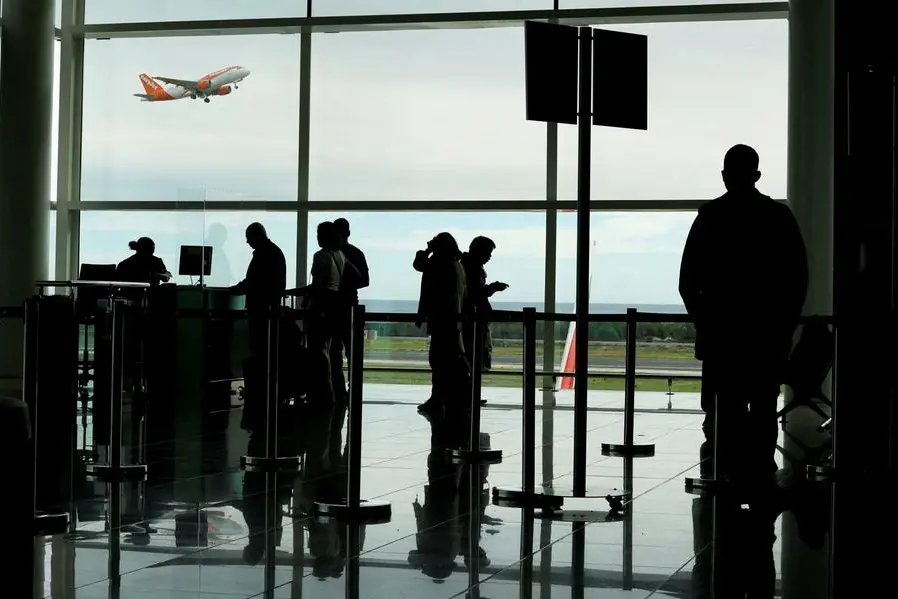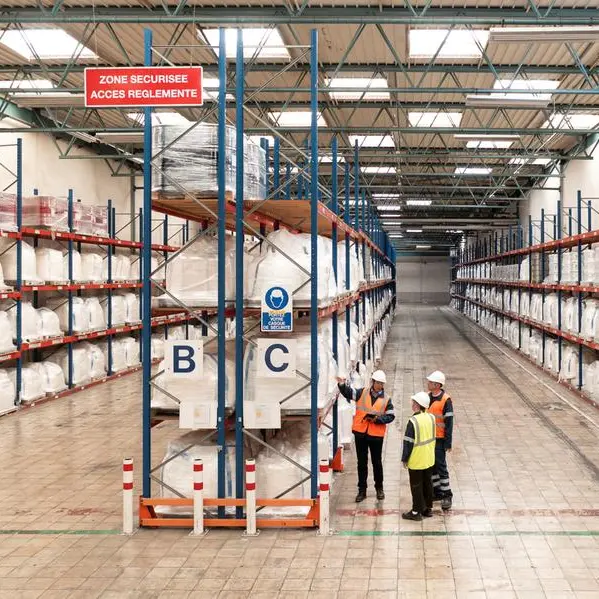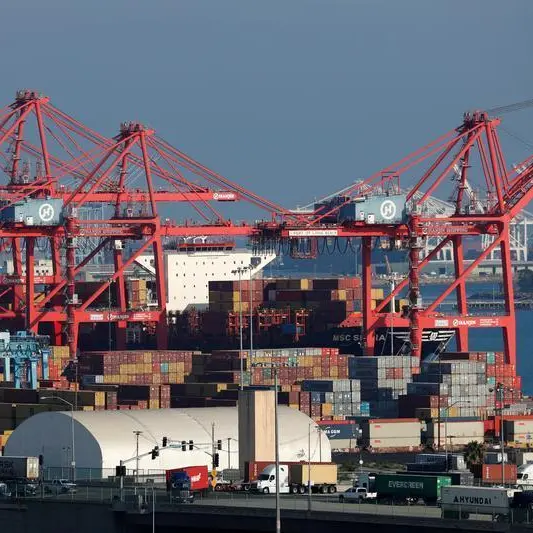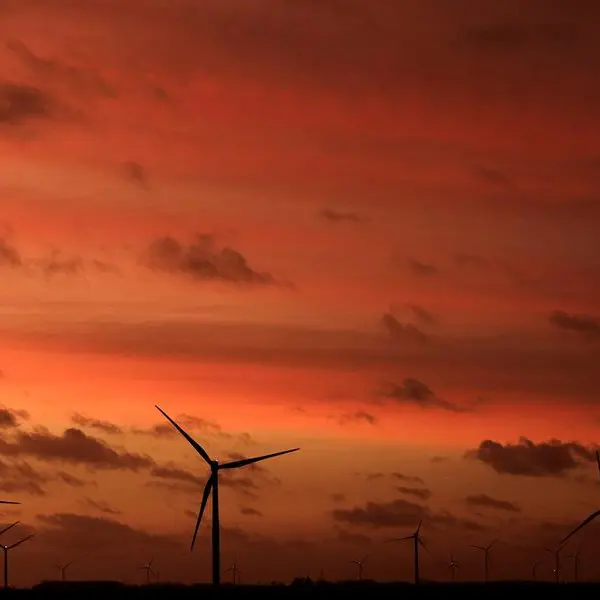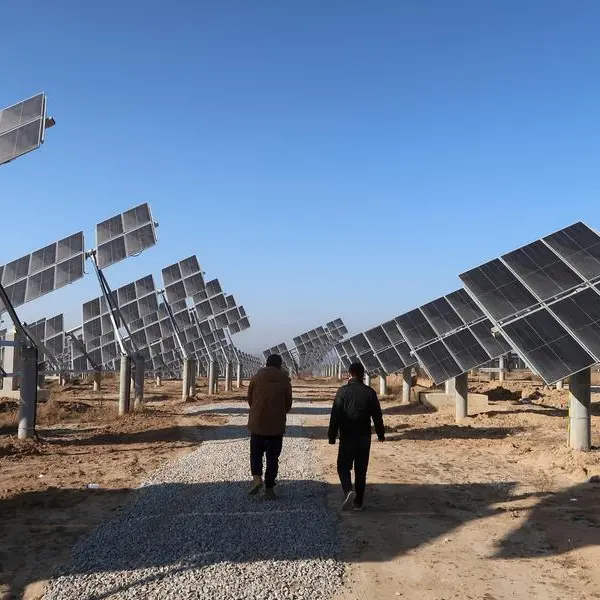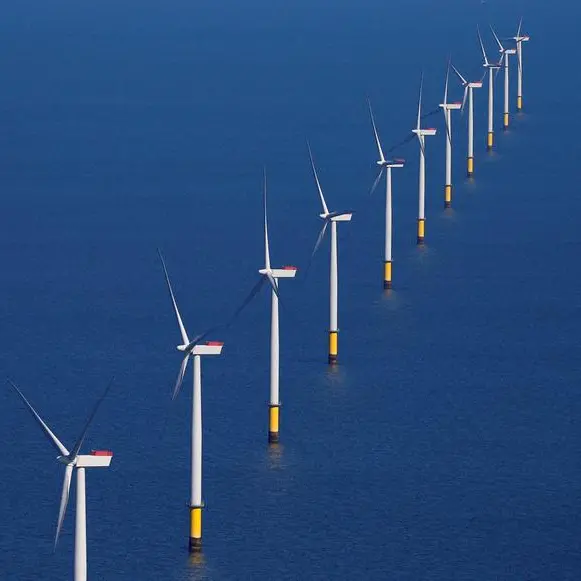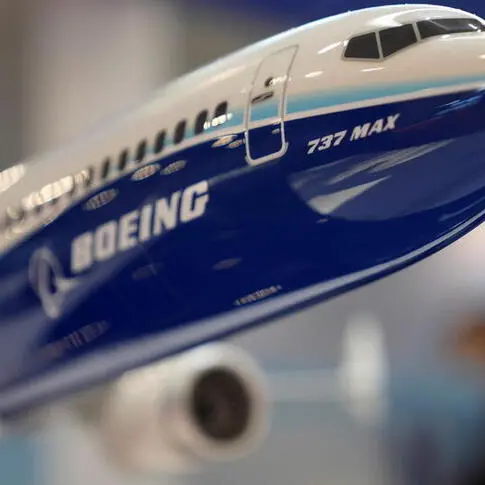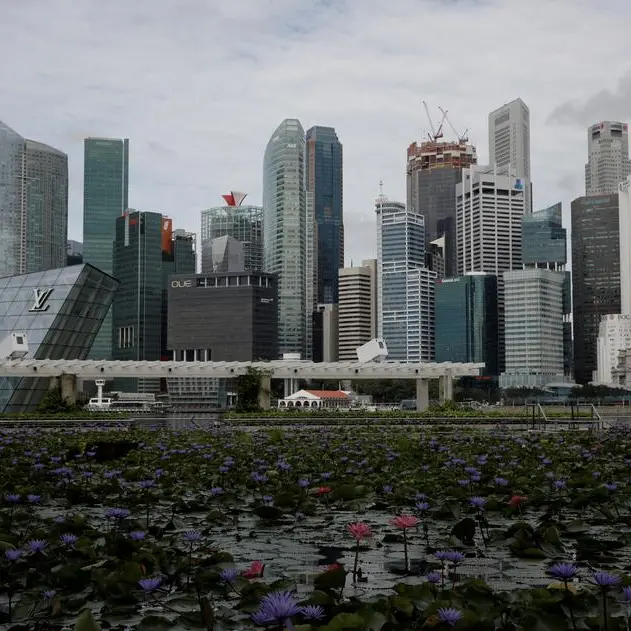PHOTO
LONDON/SEOUL/CHICAGO - Airfares in Europe and Asia are starting to plateau or fall in a sign that a prolonged post-COVID travel boom is waning, delivering a setback for airlines struggling with higher costs and limited aircraft availability.
A global imbalance between supply of flights and pent-up demand as air travel opened up after the pandemic drove up ticket prices and passenger yields - a measure of average fare paid per mile by each passenger.
But industry executives, investors and analysts said that the "travel at all costs" trend is balancing out, with some customers becoming more sensitive to pricing as they grapple with inflation that has driven up living costs.
Budget carrier Ryanair's CEO Michael O'Leary this month warned ticket prices would grow less than expected, sending European airline shares down.
"It is a bit surprising that pricing hasn't been stronger and we're not quite sure whether that's just consumer sentiment or recessionary feel around Europe," O'Leary said.
Fares were flat across the bloc in the first months of this year compared with 2023, data from travel research group ForwardKeys shows.
The picture is starker in Asia-Pacific where fares have dropped the most, down around 16% in the Jan-April period year-on-year, the data shows.
Singapore Airlines last week posted a record annual profit, but net profit growth fell in the last three quarters. The benchmark Asian carrier said it expects passenger yields to further moderate as airlines expand capacity.
Asia has been slower than other regions to lift restrictions and ramp up flights to overseas destinations.
"We believe supply and demand will rebalance itself ... airfares would continue to normalise throughout 2024," Ronald Lam, CEO of Hong Kong-based Cathay Pacific, said in March.
Travel to markets like Europe, America and Australia from China has not recovered. China's economy is sluggish and international flights remain around 70% of pre-pandemic levels - just 16.5% on U.S.-China routes.
Flight Centre Travel Group said international airfares sold in Australia fell 12.8% year-on-year in the first three months of the year.
Still, prices in Asia-Pacific are up more than 7% compared with 2019, with fares 70% higher in 2021 compared with 2019.
PRICE SENSITIVITY
Economists and investors are not yet pessimistic. Travel is still a spending priority for most consumers, especially in Europe and the United States, economists said.
But economists and analysts said flatter European airfares point to lower earnings and savings rates across the continent, leading consumers to seek cheaper options, especially as hotels and car hire become more expensive.
"Even though consumers are still interested in travel, European consumers in particular are very price sensitive," said Natalia Lechmanova of Mastercard.
Cheaper destinations like Turkey, Romania and the Balkans are surging in popularity among European travellers looking for alternatives to France or Italy, she said.
Data from the European Travel Commission showed consumers were set to spend 742.8 billion euros ($803 billion) on the continent this year, up 14.3% from last year. But that could largely be driven by wealthier, American tourists, industry experts said.
AMERICA TRAVELS ON
As Europeans look to save, U.S. consumer spending is holding up, with demand particularly strong for premium travel.
Around 16 million Americans travelled abroad in the first quarter of 2024, setting a new record and surpassing pre-pandemic volumes, according to the Mastercard Economics Institute.
Economists said a strong labour market in the U.S. is helping consumers to maintain higher spending despite reduced household savings.
Average travel spending per U.S. household fell just 1.5% year-on-year in the first five months of the year, but it was 13% higher compared with 2019, Bank of America credit and debit card data shows.
Global airline executives said consumers still want to spend on travel, prioritising experiences over goods.
"This is a highly cyclical industry that is also highly sensitive to macroeconomics," said Jamie Lindsay, an airline investor at Artemis Funds.
But he doesn't expect the drop in Europe and Asia to lead to a broader sector downturn.
"It's not like fares are falling (everywhere)...it's more a normalisation." ($1 = 0.9246 euros)
(Additional reporting by Doyinsola Oladipo. Editing by Jane Merriman)
